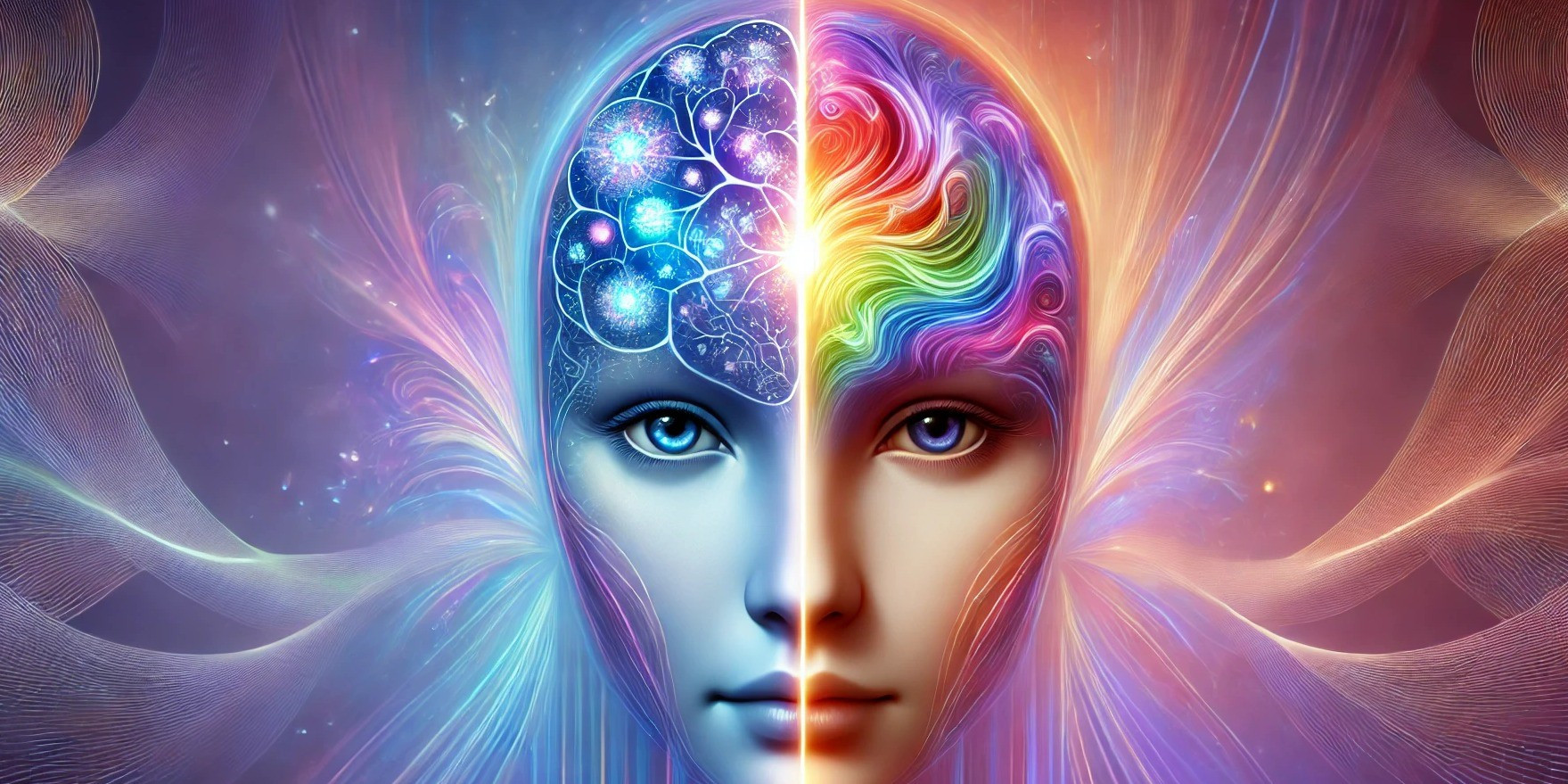
The Connection Between Emotional Intelligence and Mental Health
Emotional intelligence (EI) is the ability to recognize, understand, and manage emotions in oneself and others. It is a skill that influences how people perceive their own feelings, respond to challenges, and interact with others. While often discussed in the context of leadership or workplace success, the relationship between emotional intelligence and mental health is profound and deserves more attention. Understanding this connection reveals how emotional intelligence can be a powerful tool for nurturing mental well-being.
Emotional Intelligence as a Foundation for Mental Health
At its core, emotional intelligence enables individuals to navigate their emotional landscapes with clarity and purpose. A person with high EI is more likely to identify and understand their feelings, which reduces the confusion and distress that can arise from unrecognized or unresolved emotions. For instance, recognizing the early signs of stress or burnout allows individuals to take preventive measures, such as seeking support or practicing self-care, before those feelings escalate into serious mental health concerns.
Self-awareness, a key component of EI, plays a critical role in this process. It empowers people to recognize patterns in their emotional responses and understand the underlying causes. This awareness not only fosters better decision-making but also helps in maintaining emotional balance, which is essential for mental health.
Managing Stress Through Emotional Regulation
One of the most direct ways EI supports mental health is through emotional regulation. Stress is an unavoidable part of life, but how individuals respond to it can make a significant difference. Emotional intelligence equips people with the tools to manage stress effectively. For example, instead of reacting impulsively to a challenging situation, someone with high EI might pause, reflect, and choose a more constructive response.
Techniques like mindfulness and deep breathing, often associated with emotional regulation, have been shown to reduce cortisol levels and improve emotional stability. This capacity to self-regulate emotions prevents the build-up of chronic stress, which is a major contributor to mental health issues such as anxiety and depression.
Emotional Intelligence and Mental Health Disorders
Low emotional intelligence is often associated with poor mental health outcomes, including heightened vulnerability to anxiety and depression. These conditions frequently involve negative thought patterns and emotional overwhelm, which can feel insurmountable without the right coping strategies. Emotional intelligence helps break this cycle by fostering a deeper understanding of emotions and offering pathways to manage them effectively.
For individuals prone to anxiety, EI can help identify triggers and implement coping mechanisms before panic or worry takes over. Similarly, for those with depression, the ability to recognize and articulate feelings can lead to a greater sense of control and openness to seeking support. Moreover, EI strengthens resilience, enabling individuals to recover from setbacks more effectively, which is crucial for long-term mental health.
Enhancing Relationships to Improve Mental Health
Human connection is a cornerstone of mental well-being, and emotional intelligence plays a pivotal role in building and maintaining healthy relationships. Empathy, a fundamental aspect of EI, allows individuals to understand and validate the emotions of others, fostering trust and emotional safety. This kind of support is invaluable, particularly during difficult times, as it alleviates feelings of isolation and promotes a sense of belonging.
Furthermore, EI enhances communication skills, making it easier to express needs and resolve conflicts. In relationships, this reduces misunderstandings and builds stronger emotional bonds, both of which contribute to a more stable and supportive environment. These positive interpersonal experiences, in turn, bolster mental health by providing a network of care and affirmation.
Practical Steps to Develop Emotional Intelligence
The good news is that emotional intelligence is not a fixed trait—it can be cultivated and strengthened over time. Practices such as mindfulness, journaling, and active listening are excellent starting points. Mindfulness helps increase self-awareness by encouraging individuals to observe their emotions without judgment, while journaling offers a way to process and understand those emotions. Active listening, on the other hand, improves empathy and interpersonal relationships, fostering deeper connections with others.
Therapeutic approaches, like cognitive-behavioral therapy (CBT), often incorporate elements of emotional intelligence, teaching individuals how to reframe negative thought patterns and develop healthier responses to emotional challenges. These techniques not only improve EI but also contribute directly to better mental health outcomes.
The Lasting Impact of Emotional Intelligence on Mental Well-Being
The relationship between emotional intelligence and mental health is not a fleeting one. As individuals develop their EI, they become better equipped to handle life’s ups and downs, building resilience and reducing the risk of mental health issues over time. The ability to manage emotions effectively and maintain healthy relationships fosters a sense of stability and satisfaction, leading to a higher overall quality of life.
In a world where mental health challenges are becoming increasingly prevalent, emotional intelligence offers a pathway to not only understanding oneself but also creating a supportive and empathetic community. By prioritizing EI, we can nurture a society that values emotional well-being and equips individuals to thrive in both personal and collective spaces.
You can join us our Ongoing classes about Emotional Intelligence Training.
How to Join
It's not too late to be part of this exciting journey! Enroll now to catch up on the ongoing sessions and benefit from our expert-led program.
Contact Us:
📞 9805195555
📧 info@gyanpunj.com.np
Social Media
Facebook : https://www.facebook.com/gyanpunjsol/
Instagram : https://www.instagram.com/gyanpunjsol/
Youtube: https://www.youtube.com/@gyanpunj2077
You can Also Connect with us though App.
App for android: https://play.google.com/store/apps/details?id=com.app.gyanpunjlms&hl=en
Take the leap today and turn your passion for translation into a professional skill set!


0 Comments